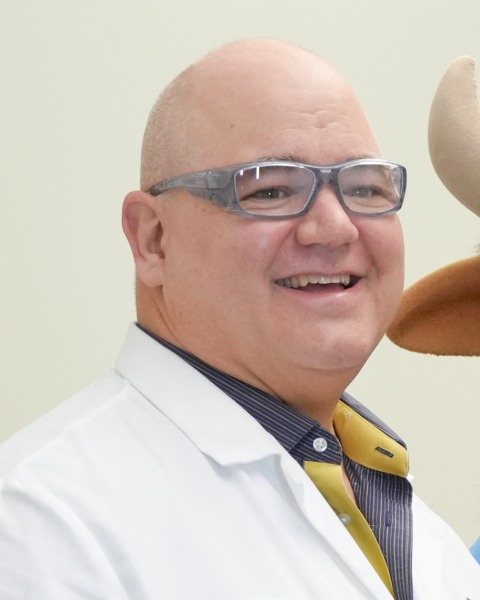Original Research
Program: Section on Cardiology and Cardiac Surgery
P2.038: Novel autoantibody markers in Kawasaki disease and Multisystem Inflammatory Syndrome in Children
Saturday, September 27, 2025
1:40 PM - 2:40 PM MDT
Location: Colorado Convention Center, Four Seasons Ballroom 1 & 2
Background: Multisystem Inflammatory Syndrome in Children (MIS-C) is a post-infectious complication of COVID-19 in children that is reminiscent of Kawasaki disease (KD). Studies showed autoantibodies to the inflammatory regulator developmental endothelial locus-1 (Del-1) were associated with KD. Our prior studies failed to confirm this finding; however, we did show that levels of circulating EDIL3/Del-1 autoantibodies were able to distinguish KD children that developed aneurysms from KD children that did not develop aneurysms. Due to the potential benefit such knowledge may have on diagnosis and treatment, we sought to explore if other autoantibody targets are associated with KD or MIS-C.
Methods: We utilized a HuProtTM library (CDI Labs), a yeast (S. cerevisae) derived expression library consisting of 23,059 purified human proteins, to profile autoantigen targeting in pre-treatment samples from febrile children, children with KD, and children with MIS-C. Plasma sample ELISA assays using recombinant proteins were used for confirmation.
Results: Generally, KD had a higher number of significant autoantigens targeted. Using p = 0.005 as a cutoff, MIS-C had elevated autoantibodies to two proteins in comparison to KD and none with controls. These proteins were a deubiquitinating enzyme and RNA splicing related protein. KD had elevated autoantibodies to two proteins involved in cytoskeleton when compared to both MIS-C and controls. KD had an additional protein with elevated autoantibodies when compared to MIS-C and five in comparison to controls.
Conclusion: Further defining such autoantibody targets may offer novel and improved methods for distinguishing MIS-C from KD and other febrile illnesses.
Methods: We utilized a HuProtTM library (CDI Labs), a yeast (S. cerevisae) derived expression library consisting of 23,059 purified human proteins, to profile autoantigen targeting in pre-treatment samples from febrile children, children with KD, and children with MIS-C. Plasma sample ELISA assays using recombinant proteins were used for confirmation.
Results: Generally, KD had a higher number of significant autoantigens targeted. Using p = 0.005 as a cutoff, MIS-C had elevated autoantibodies to two proteins in comparison to KD and none with controls. These proteins were a deubiquitinating enzyme and RNA splicing related protein. KD had elevated autoantibodies to two proteins involved in cytoskeleton when compared to both MIS-C and controls. KD had an additional protein with elevated autoantibodies when compared to MIS-C and five in comparison to controls.
Conclusion: Further defining such autoantibody targets may offer novel and improved methods for distinguishing MIS-C from KD and other febrile illnesses.

Mark D. Hicar, MD, PhD (he/him/his)
Associate Professor
University at Buffalo
University at Buffalo
14222, New York- DD
Devin Decotes, BA
Medical student
University of Buffalo

